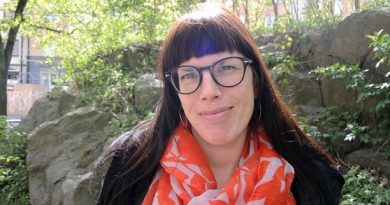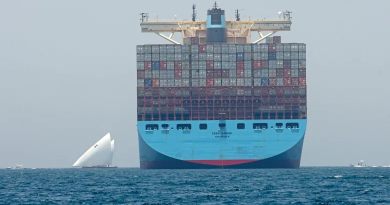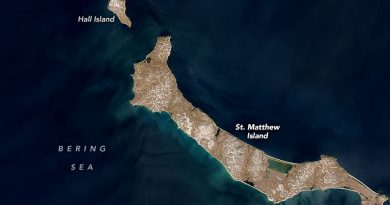COVID-19 variant prompts Iceland to require quarantine for children entering country as of January 13

As of January 13, Iceland will require children born in 2005 or later to quarantine, along with their parents or guardians, upon arrival in the country.
The new regulation was proposed by the country’s chief epidemiologist in response to surging case numbers in the rest of the world due to the COVID-19 variant first detected in the United Kingdom, the government said on Tuesday.
“While the COVID-19 pandemic has been relatively well contained within [Iceland], it has surged in most other countries recently, largely due to the emergence and spread of a new strain that was first identified in Britain,” a news release said.
“This has been found to be more infectious than the earlier strains, and there are also indications that children are more susceptible to it. The proposal to oblige children entering the country to go into quarantine was therefore made so as to resist the spread of the virus in Iceland.”
The new regulation will be in effect until January 31.
Other regulations relaxed
As of Wednesday, Iceland was reporting a 14-day incidence of 18 per 100,000 inhabitants for domestic infections and of 25.9 per 100,000 inhabitants for infections detected through border screening.
In a news release on Friday, Iceland’s chief epidemiologist said the UK variant had so far not spread “to any significant extent in Iceland” and proposed the relaxation of certain restrictions including group limits and sports activities.
Those modifications also came into effect on January 13 and include allowing groups of up to 20 people to gather, and permitting adult and children’s sports activities to resume and fitness centres and skiing facilities to reopen.
Write to Eilís Quinn at eilis.quinn(at)cbc.ca
Related stories from around the North:
Canada: Chamber of Commerce in Canada’s Northwest Territories says tourism threatened by COVID-19 border restrictions, CBC News
Denmark: Who is allowed into Denmark from Sweden right now?, Radio Sweden
Finland: How not to promote Arctic tourism, Eye on the Arctic
Greenland: Greenland changes COVID-19 rules for travellers from Iceland, Faroe Islands, Eye on the Arctic
Norway: Norwegian Arctic wilderness tourism hit particularly hard by coronavirus, The Independent Barents Observer
Russia: All Russia’s North Pole cruises rescheduled to 2021, Eye on the Arctic
Sweden: Summer tourism recovery is slow going in Sweden, Yle News
United States: Airline shutdown creates new challenges for rural Alaska, The Associated Press



